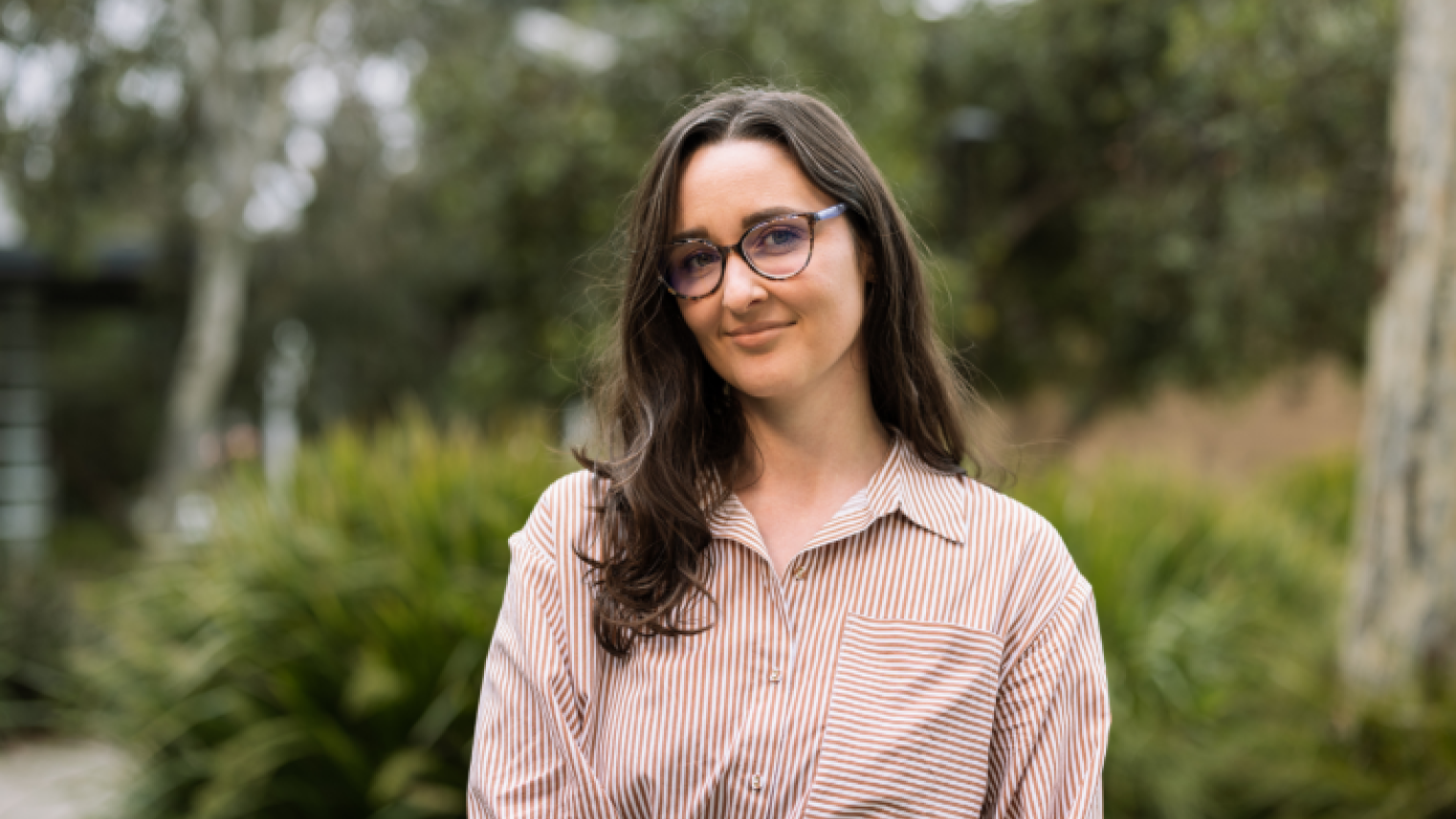Dr Bianca Baggiarini – Is AI usage in war changing how war is remembered?

Dr Bianca Baggiarini is a political sociologist and lecturer in military and war studies in the Strategic and Defence Studies Centre at ANU.
We were curious about how she came to be working at SDSC, and what research projects she is working on currently. We discovered that she is diving deep into the use of remote and autonomous systems in war, and exploring how the use of AI in warfare is changing the way we remember (or forget) war.
______________
My PhD research examined the relationship between military privatisation and remote warfare, which I looked at through the concept of military sacrifice. I argued that remote systems, together with military privatisation, signal the breakdown of citizen-soldiering and its link to sacrificial cults and idioms. In my interviews, I became very interested in how soldiers and veterans conceptualised and explained the turn towards remote systems (e.g., drones), and what this said about the changing quality and character of war.
I expanded upon this interest in my post-doc at UNSW Canberra at the Australian Defence Force Academy, where I looked at cadets’ attitudes towards lethal autonomous weapons systems.
I came to SDSC at the beginning of 2023, and have continued to explore the ethical, social, and political rationalities and impacts of remote and autonomous systems. Together with SDSC colleagues and the Bell School more broadly, I am working on two different yet complementary projects.
One looks at the role of AI-enabled systems for deterrence theory and practice, asking to what degree AI can influence deterrence objectives, and what combinations of human and non-human entities can best achieve these objectives across time, place, and diverse strategic cultures.
The other considers how the increasing use of AI-enabled systems, which signal trends towards disembodied warfare, might reshape how societies and individuals remember (or forget) war. The main idea is that, historically, deceased, injured and/or traumatised bodies have been central in memories about war, but the shift towards remote and risk-averse war is likely to eclipse traditional pathways to commemoration and remembrance, and this is something that democratic societies should take seriously.
While on the surface these seem like disconnected projects, in fact for me they stem from a similar concern: namely how emerging technologies are reshaping how we think about, conduct, remember, and rationalise war. We seek to apply AI to war to mitigate harms to soldiers, and to supplement, both physically and cognitively, human cognition and judgement. Yet our ethical, legal, and normative frameworks for understanding war are often human-centred, with little consideration for the role of non-human entities in conflict, world politics, and international relations.
As a political sociologist, I am naturally interested in questions of power, inequality, and justice, and although sociologists aren’t particularly known for studying war, war is not exempt from these questions. To this end, I think that sociology brings a fresh and much needed perspective to war and security studies, which helps us to interrogate the role and social meaning of bodies and machines in contemporary war.
How we conduct war matters, and how we conduct war will be historically, socially, and politically contingent.
One of my favourite things about my role is enabling students to make this connection. In my research and teaching, I try to import the value of political and sociological theory to expand the scope of ‘what counts’ as war and military studies. Remote and autonomous systems expose the changing quality and character of war, and with AI at the centre of many public debates today, I feel very fortunate to be undertaking this important and timely research with wonderful colleagues and students at the SDSC and the Bell School.
Find out more about studying a Master of Strategic Studies or our other postgraduate degrees here.